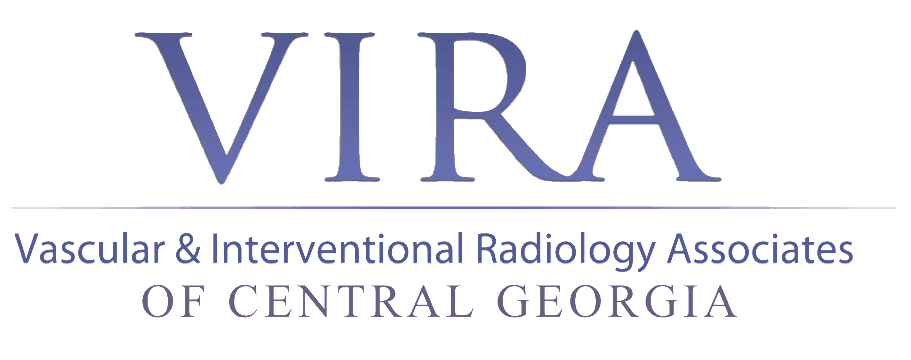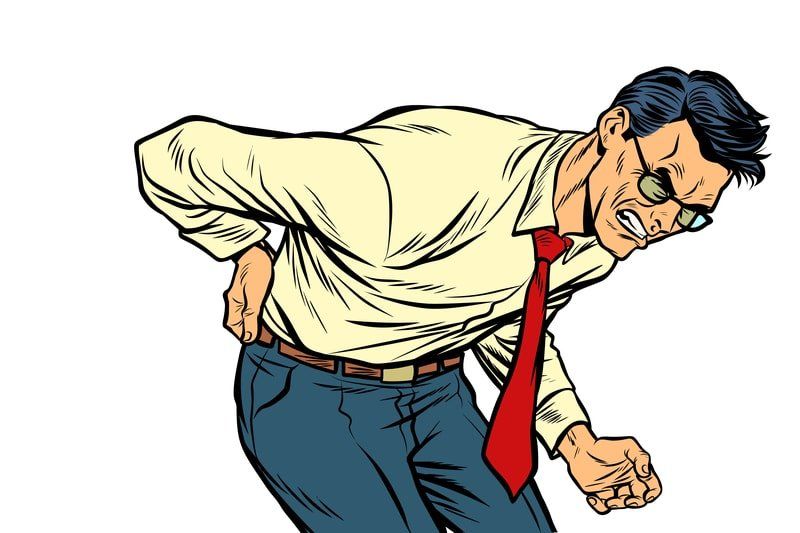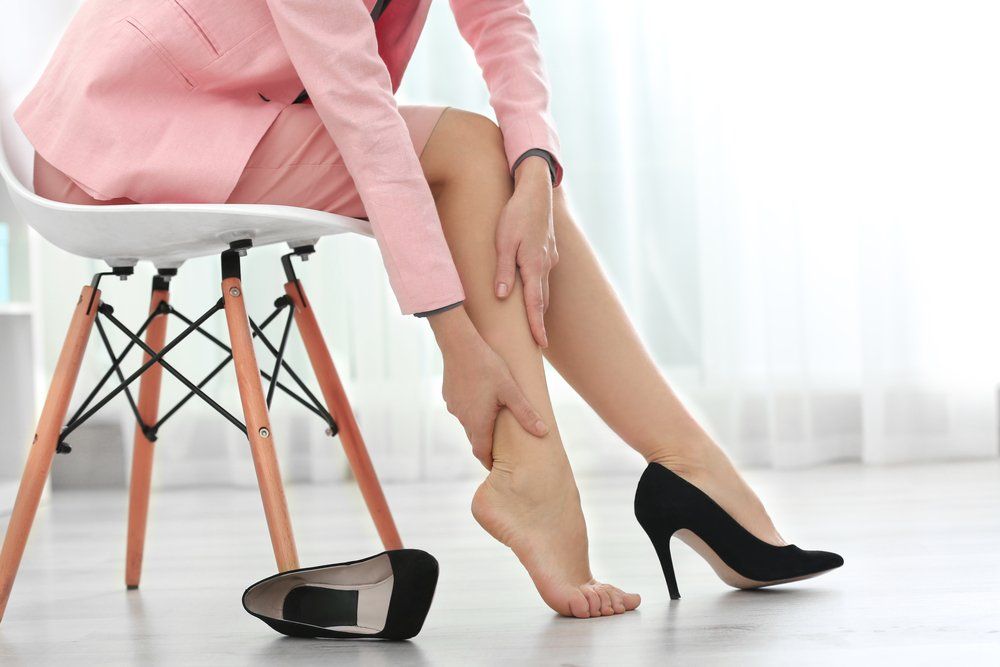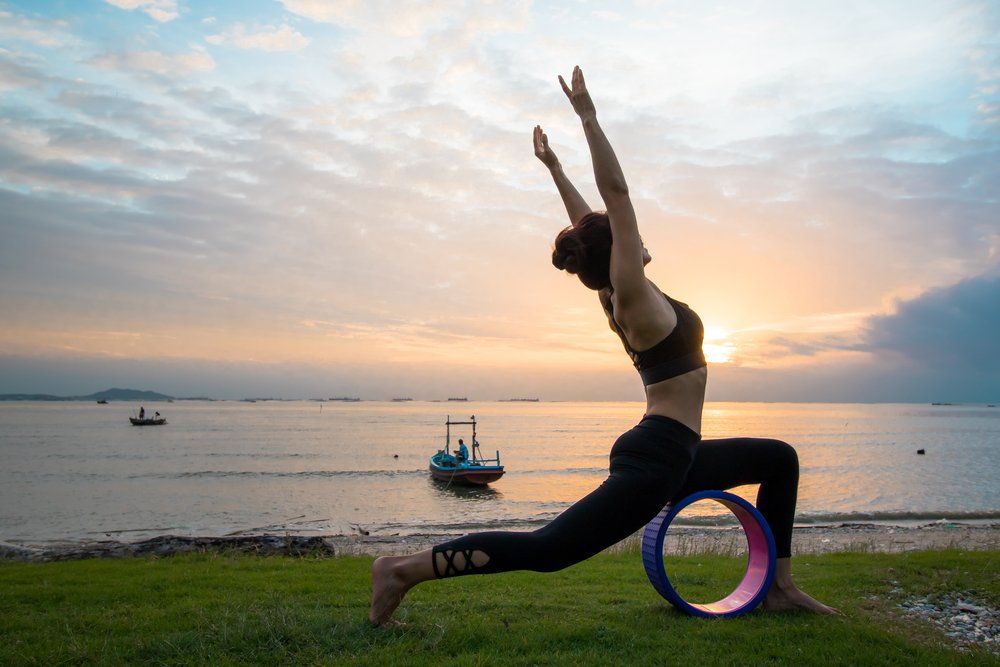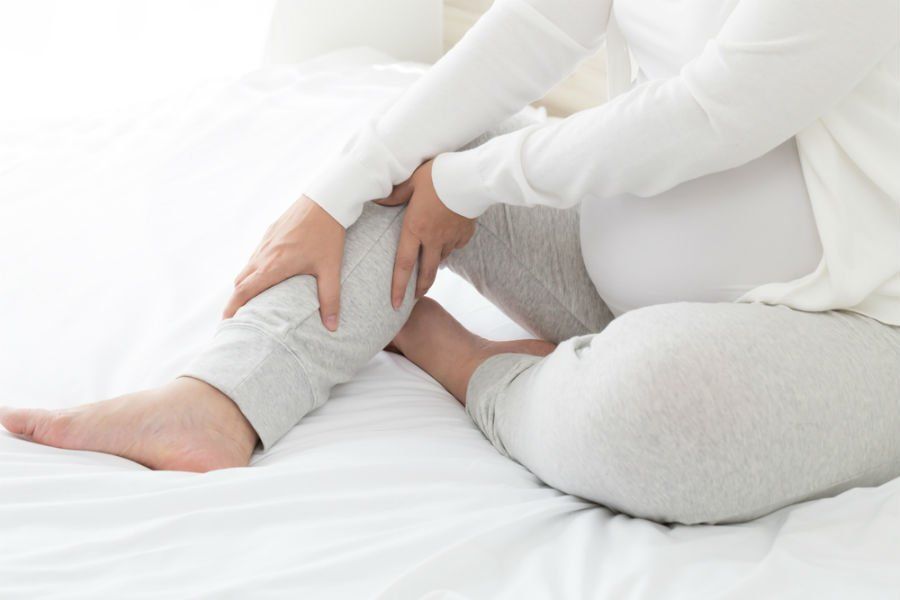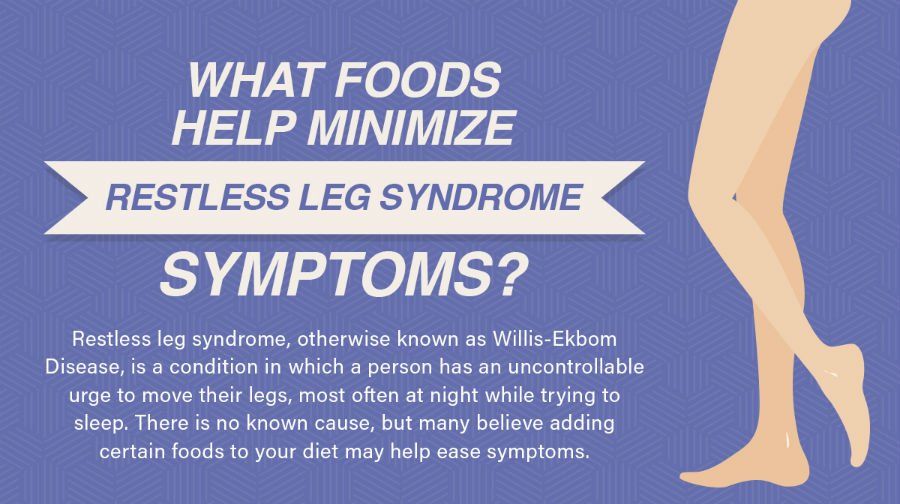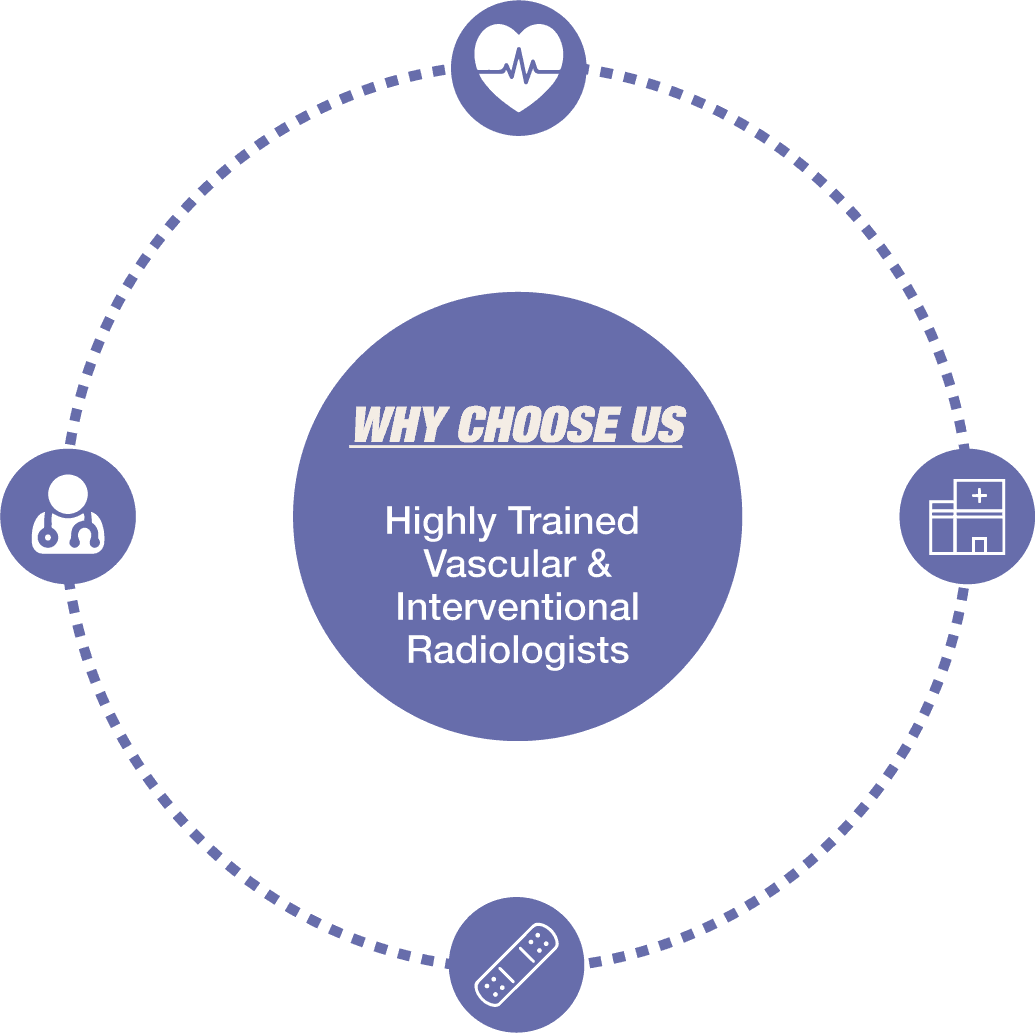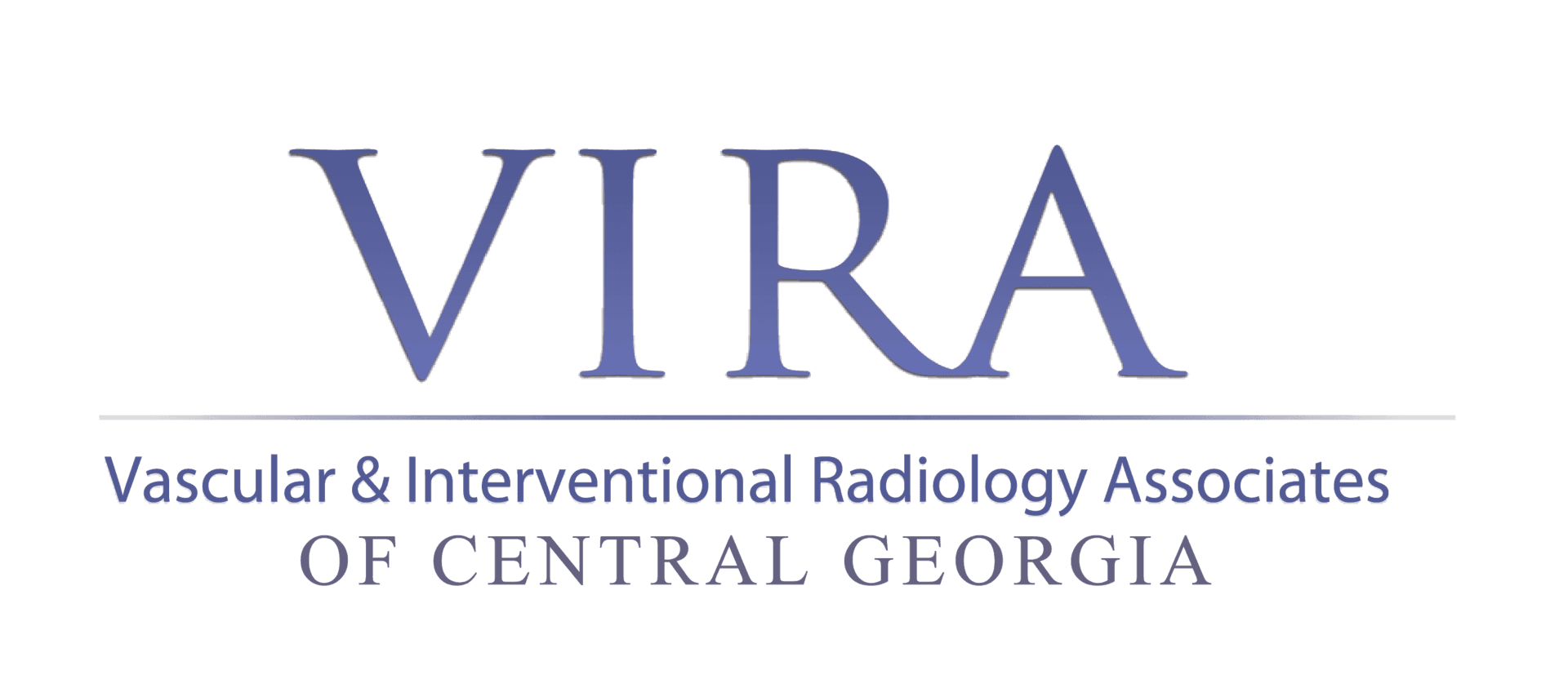When Is It Time To See A Vein Specialist

Knowing when to see a vein specialist can be difficult. Venous disorders like varicose and spider veins aren’t always debilitating and serious symptoms don’t always manifest. Some people try home remedies or ignore the problem rather than seek professional treatment.
Even if you’re not experiencing outward symptoms and your concerns are primarily cosmetic, it’s still beneficial to seek professional medical care for abnormal vein conditions. Even subtle symptoms can indicate a more serious health condition.
Why See a Specialist?
A primary care doctor may be able to recognize signs of a vein disorder, but they may not have a full understanding of advanced treatment methods. A vein specialist can more accurately diagnose vein disease and recommend the best possible treatment.
Varicose and Spider Veins
The most common vein disorders are varicose and spider veins. Both indicate blood flow irregularities and shouldn’t be ignored. Varicose veins have a bulging, grapevine-like appearance while spider veins form a web-shaped network of small veins, often less than one millimeter in diameter. They are blue, purple or red and often appear on the thigh and calf. Varicose and spider vein treatments are often non-invasive, virtually pain-free and result in almost no downtime.
Common Vein Disease Symptoms
Varicose and spider veins may progressively worsen without treatment and may eventually lead to additional symptoms, such as:
- Tender or heavy legs
- Feet or ankle swelling
- Skin discoloration
Serious Symptoms
Some symptoms require more urgent attention from a vein specialist, as they may indicate a serious condition like superficial vein thrombosis (SVT) or a blood clot. Watch for these signs:
- Incapacitating symptoms
- Rashes and ulcers near the ankle or over the varicose veins
- Tender lump on the leg
- Bleeding underneath the skin over a varicose vein
- Sudden pain or swelling in the leg
- Open sores on the leg
- Varicose veins that aren’t improving with home treatment
Assess Your Family History
Another consideration in deciding when to see a vein specialist is your family history. Vein experts agree that genetics are a primary risk factor in patients developing varicose veins. If your family members have varicose veins or another venous disorder, you’re also at risk. It may be beneficial to talk to a relative and find out if vein conditions are common in your family.
Other Risk Factors
These additional risk factors may play a role in developing venous disorder:
- Obesity – Extra body weight puts excessive stress on the legs and veins
- Gender – Women are more susceptible due to hormonal changes during menstruation, pregnancy and menopause
- Occupation – Standing or sitting for extended periods of time exacerbates varicose veins
- Age – Check valves deteriorate over time, causing pooling
Varicose Relief With VIRA
Any time is the right time to seek professional treatment from a vein specialist. The board-certified physicians at Vascular & Interventional Radiology Associates of Central Georgia (VIRA) have 200 years of combined experienced providing patients with safe and effective varicose vein treatments. Call our Macon office at 478-757-8868 or visit us onlineto learn how to defeat varicose veins for good.

